According to many teachers, the high school graduation exam with two compulsory subjects will be fair for all candidates, whether they are students from disadvantaged or advantaged areas.
 |
| High school graduation exam with 2 compulsory subjects will be fair for all candidates. |
The Ministry of Education and Training recently made a proposal at the meeting of the National Council for Education and Human Resources Development on the 2025 high school graduation exam plan. According to the plan proposed by the Ministry of Education and Training, the exam will include two compulsory subjects, Math and Literature, and two elective subjects. This is also the plan chosen by the majority of officials and teachers in localities (accounting for 60%) when surveyed.
Agreeing with the plan of taking 4 exams, including 2 compulsory subjects and 2 elective subjects, Mr. Thai Van Thanh, Director of the Department of Education and Training of Nghe An , said that this plan not only reduces pressure and stress for students but also saves costs for society. Moreover, the plan also ensures the goal of developing the abilities and strengths of each student.
Specifically, with 2 compulsory subjects: Math and Literature, Math is the foundation subject for many other subjects, and is also a tool to develop logical thinking for students. Meanwhile, Literature helps develop language, educate ethics, nurture human emotions and souls and form communication skills.
The remaining two subjects depend on the student's choice. For example, if they want to develop their foreign language skills, they can choose English along with another subject. If they have strengths and career orientation related to the social sciences, they can choose two more subjects: History and Geography. If they are inclined towards the natural sciences, they can choose Physics and Chemistry.
In response to concerns that “if Foreign Language is not compulsory, it will lead to students not studying”, Mr. Thanh cited an example from Nghe An province, where 5 years ago the quality of English teaching and learning was low. However, after the province made changes to its mechanism, the quality of English teaching and learning in the province has gradually improved.
"To improve the quality of teaching and learning English, there needs to be a mechanism to influence teachers and students and a learning environment, not just forcing exams to improve foreign language results," said Mr. Thanh.
In addition, the Director of the Department of Education and Training of Nghe An proposed that in the future, when the Ministry of Education and Training establishes testing centers to assess capacity in localities, candidates may only need to take centralized exams in Math and Literature.
For the remaining subjects, candidates can take the exam at different times during the year, or even choose to take it multiple times. In this way, students are assessed for their abilities in all subjects, their results are recorded, and can be used for university and college admissions.
Associate Professor Dr. Le Huy Hoang, Deputy Head of the Department of Education, Central Propaganda Department, also supports the 4-subject exam plan because this plan is consistent with the core principles set forth by the Ministry of Education and Training such as: Reducing exam pressure for students, reducing costs for their families and society; not causing an imbalance between choosing social sciences or natural sciences as at present.
Choosing 2 out of 9 subjects will enable candidates to choose the exam subject that suits their career orientation, abilities, interests, and personal conditions.
Mr. Nguyen Quang Thi, a teacher at Bao Loc High School (Lam Dong), also said that the simplified 4-subject exam plan creates fairness between high school students and continuing education students; students in disadvantaged areas do not have access to foreign languages with students in advantaged areas.
“Even if there is no exam for foreign languages, students still need to study them because this is the language of communication and working with foreigners, so students must be equipped to integrate,” said Mr. Thi.
In addition, Mr. Thi believes that this option will not cause an imbalance in the selection of combinations, students will be able to develop their abilities and strengths and reduce the pressure of exams. "The current high school graduation exam consists of 6 subjects. If there are only 4 subjects, it will make it easier for students to study for the graduation exam. The organization of the exam and the exam participation of candidates will also be streamlined, reducing costs, while still being consistent with the regulations on compulsory subjects and elective subjects of the 2018 General Education Program."
Agreeing with the plan of testing 2 compulsory subjects and 2 elective subjects, Mr. Thi proposed that Math and the 2 elective subjects should still be tested in the form of multiple choice, but there should be a design in the direction of assessing students' abilities to serve as a basis for both graduation recognition and university admission. Specifically, Math will include 50 questions with a duration of 90 minutes, of which 35 basic questions are for graduation and 15 advanced questions are for university admission.
The two elective subjects each consist of 40 questions with a duration of 60 minutes, of which 30 are basic for graduation and 10 are advanced for university admission. The Literature subject will be an essay test with a duration of 120 minutes. The knowledge content of the questions should focus mainly on grade 12.
Source



![[Photo] Prime Minister Pham Minh Chinh chaired a meeting to discuss solutions to overcome the consequences of floods in the central provinces.](https://vphoto.vietnam.vn/thumb/1200x675/vietnam/resource/IMAGE/2025/10/29/1761716305524_dsc-7735-jpg.webp)
![[Photo] Hue: Inside the kitchen that donates thousands of meals a day to people in flooded areas](https://vphoto.vietnam.vn/thumb/1200x675/vietnam/resource/IMAGE/2025/10/29/1761738508516_bepcomhue-jpg.webp)

![[Photo] National Assembly Chairman Tran Thanh Man received a delegation of the Social Democratic Party of Germany](https://vphoto.vietnam.vn/thumb/1200x675/vietnam/resource/IMAGE/2025/10/28/1761652150406_ndo_br_cover-3345-jpg.webp)
![[Photo] Flooding on the right side of the gate, entrance to Hue Citadel](https://vphoto.vietnam.vn/thumb/1200x675/vietnam/resource/IMAGE/2025/10/28/1761660788143_ndo_br_gen-h-z7165069467254-74c71c36d0cb396744b678cec80552f0-2-jpg.webp)
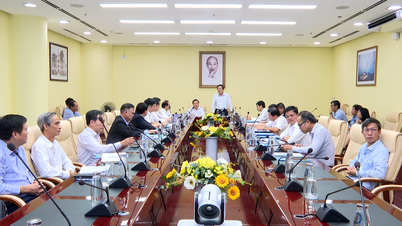

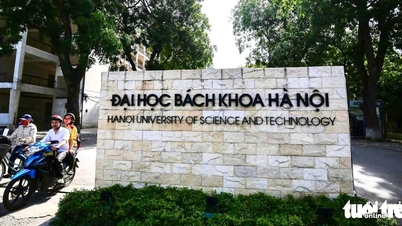

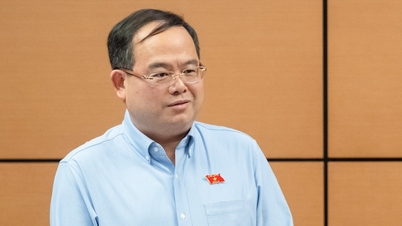



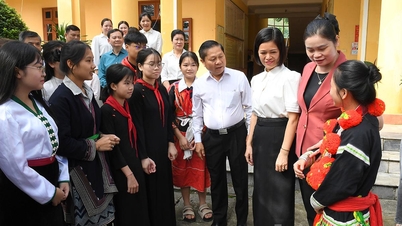

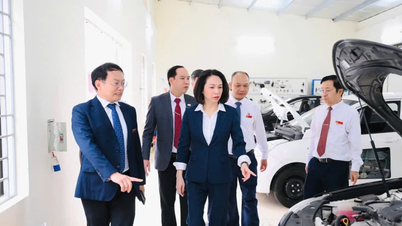



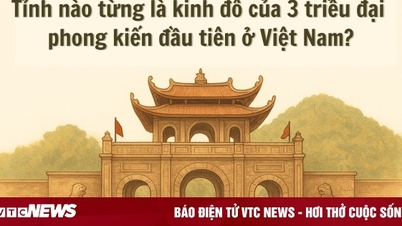


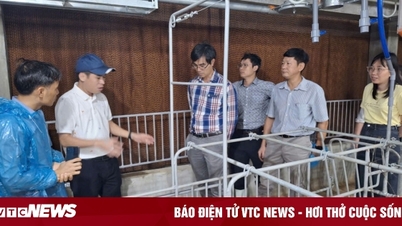








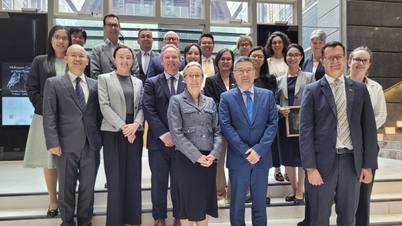


































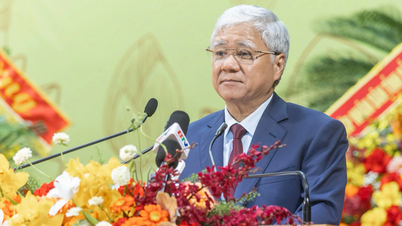
![[Infographic] Vietnam's socio-economic situation in 5 years 2021-2025: Impressive numbers](https://vphoto.vietnam.vn/thumb/402x226/vietnam/resource/IMAGE/2025/10/29/1761730747150_anh-man-hinh-2025-10-29-luc-16-38-55.png)


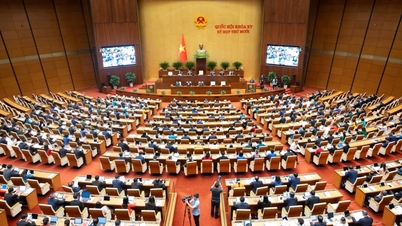
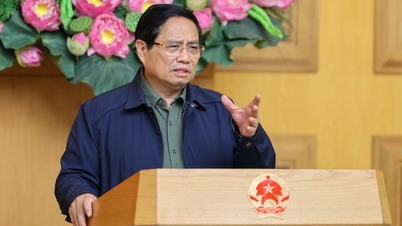





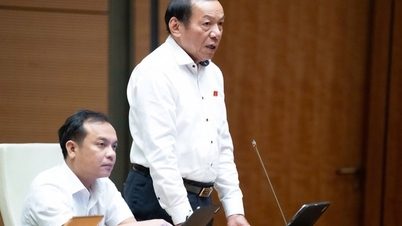
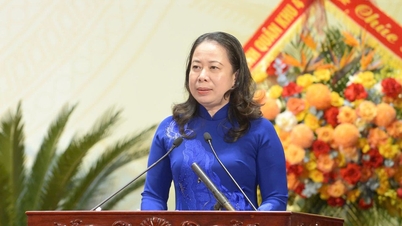

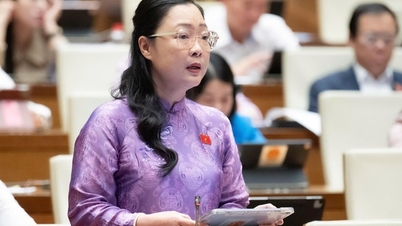

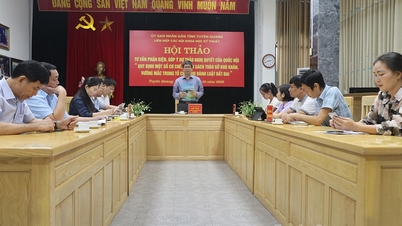


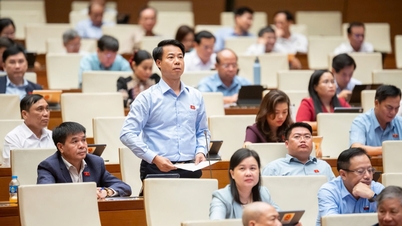


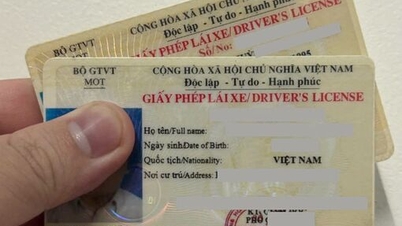















Comment (0)